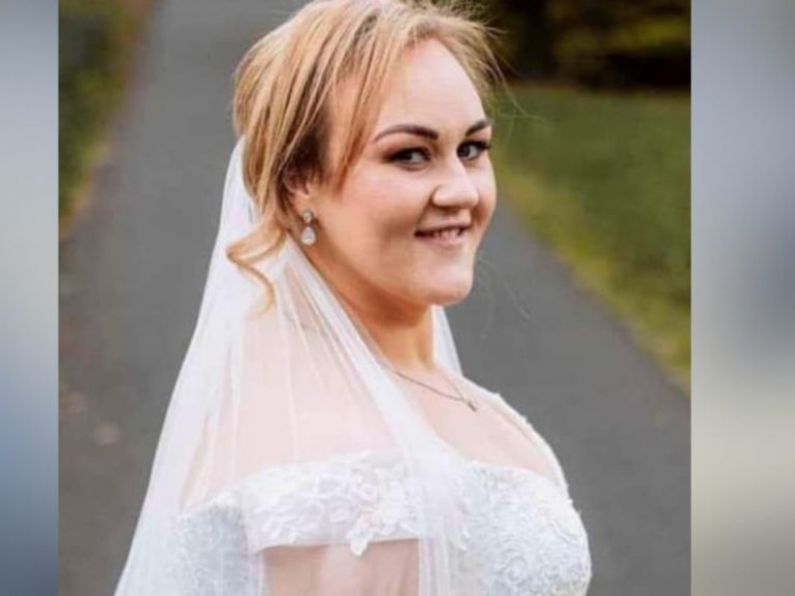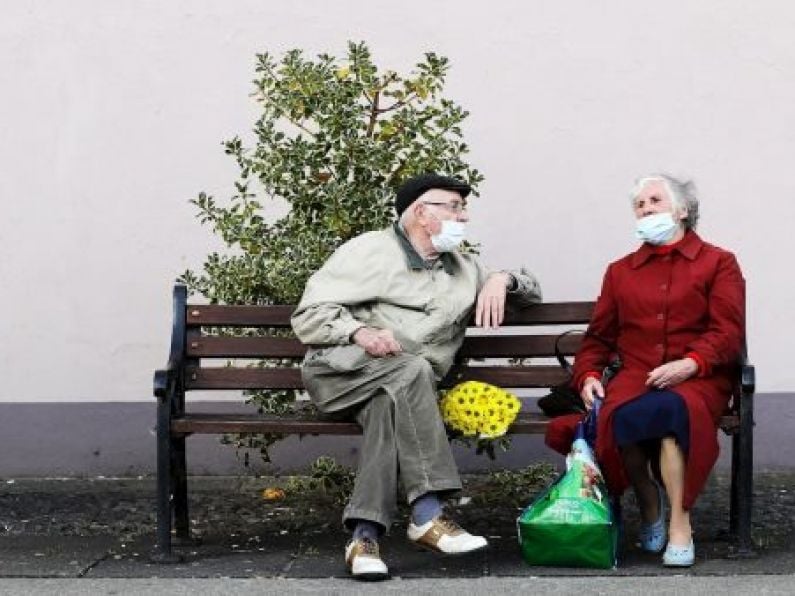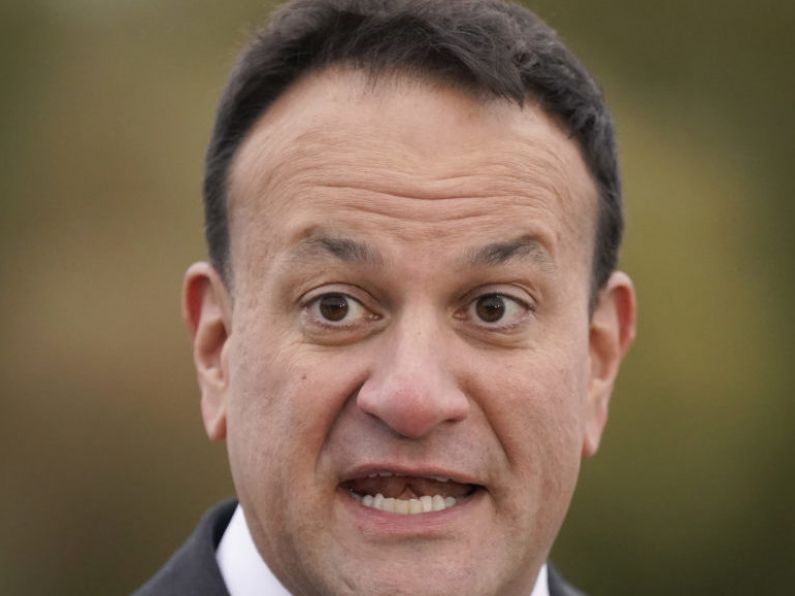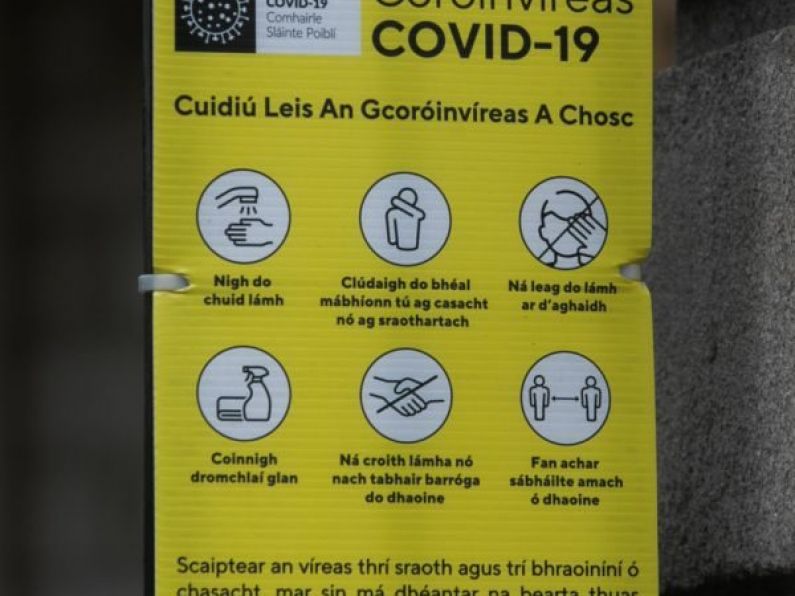The Government target of vaccinating every adult in Ireland against Covid-19 by September can still be met, the Tánaiste has said.
Leo Varadkar said “big volumes” of various Covid-19 vaccines would be arriving in the State by April and May.
It comes as the Taoiseach, Micheál Martin, has said it is unlikely that the target stated by Minister for Health Stephen Donnelly will be met, envisaging the end of the year as the new date for vaccinating all Irish citizens.
Separately on Saturday, Mr Varadkar said the approval of the AstraZeneca jab for use in the European Union, along with trial results from Johnson and Johnson's vaccine, were positive developments for the Republic’s rollout.
“I think it is possible to vaccinate every adult by September or at least have offered the vaccine to every adult by September,” he said.
“My prediction is that, you know, that we will be limited by supply in January, February, March – but April, May, June, we’ll have a lot of vaccines available.
“They’re all going to come along at the same time, and we just need to make sure that we’re ready, you know — GPs, pharmacists, mass vaccination centres, local vaccination centres — that we are ready to deploy the vaccine when it arrives in big volumes, which will really happen in April and May.”
The first doses of the Johnson and Johnson vaccine are likely to roll out in Ireland in April, Mr Varadkar added.
“What’s particularly encouraging about Johnson and Johnson is that it’s a single dose vaccine,” he said.
“We expect they’ll apply for approval to the European Medicines Agency in March, with the first of those single dose vaccines arriving in April and getting into the arms of Irish patients then.”
Deliveries and decisions
On Friday, Johnson and Johnson said its jab was 100 per cent effective at preventing hospitalisations and deaths related to Covid-10, and 66 per cent effective at preventing moderate to severe illness.
“The efficacy overall is not as good as the vaccines that have already been approved, but the most important thing is to stop people getting very sick and to stop people dying, so it’s still a good and positive result,” immunologist Lara Dungan said of the trial’s result.
The AstraZeneca vaccine, approved on Friday by the EU’s regulator, will be available in the Republic in about ten days' time from the week beginning February 8th.
The State's regulators are yet to decide if it will be given to people over the age of 65, after the European Medicines Agency (EMA) concluded there were not yet enough results for those aged over 55 to determine how well the vaccine works for this group.
The vaccine is considered particularly important as it is easier to store and transport than the Pfizer or Moderna jabs.
However, Ireland is set to receive 300,000 fewer doses than originally planned, with the Taoiseach warning the Republic could lag behind on vaccine targets for March as a consequence.
The head of the national vaccination taskforce, Professor Brian MacCraith, has also said there is no certainty over the supply of vaccines from April onwards.
Over 70s
It comes as a public information campaign will be rolled out this weekend ahead of the vaccination of those aged over 70 in the Republic, who will start to receive their jab from the second week of February.
Dr Denis McCauley from the Irish Medical Organisation said anyone in that category will be called for an appointment by their GP.
“When we get this vaccine, it will not be delayed a day. We will alert you as to when you’re going to get your vaccine,” he said.
“It doesn’t mean that once you get your vaccine you throw off your mask and you can go wherever you want.
“It is one of the pillars in ensuring that the incidence of this disease goes down in the community and hopefully as it goes down further and further and further, we’ll feel much more comfortable about getting back to a normal life.”






